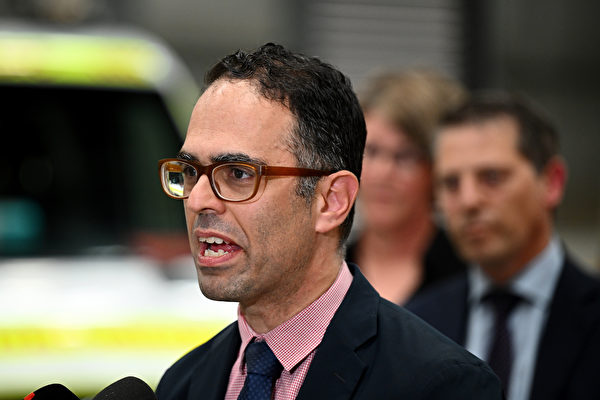The government is committed to constructing 377,000 new homes and providing support to the construction industry.
New South Wales (NSW) is facing its sixth consecutive year of deficit, with State Labor Treasurer Daniel Mookhey attributing this to the Commonwealth Grants Commission cutting NSW’s share of GST revenues by $11.9 billion over the next four years. This decision has been criticized as imposing “austerity” on the state. The deficit is projected to decrease from $9.7 billion to $1.5 billion by 2027/28.
To address the deficit, the government has suspended contributions to the NSW Generations Fund and redirected the funds towards infrastructure investment and essential services. Additionally, measures have been taken to manage government spending without negatively impacting families and businesses.
The Budget focuses heavily on housing, with plans to build 377,000 new homes over the next five years. Funding for these projects will come from various sources, including a freeze on land tax rates and increased fees for foreign investors and international home buyers. The government has also introduced a financing guarantee to support the construction industry and address market challenges.
Furthermore, initiatives have been announced to address the lack of affordable housing for essential workers, improve public and social housing, and establish a Rental Taskforce to enforce rental laws. In the healthcare sector, incentives are being provided to increase bulk-billing by family doctors, and investments are being made in hospital upgrades and health facilities.
The government is also allocating $2 billion for the second stage of the Parramatta Light Rail project, which is set to commence before the next state election in March 2027. The extension of the 10-kilometre route will include 14 stops from Camellia to the Parramatta CBD. Buses are set to undergo a $91 million upgrade, which will include the installation of onboard screens, audio announcements, and new technology for better monitoring of bus services. An additional $24.7 million over four years will be allocated to enhance services, introduce new routes, and support Zero-Emission Buses (ZEBs) in Western Sydney. Furthermore, $23.8 million will be invested in a two-year program over the next decade to enhance services by addressing the needs of key communities.
In response to a report by NSW’s Auditor-General revealing excessive spending on consultant contracts, Labor has pledged to reduce spending on contractors by $35 million annually. The public sector will also undergo downsizing, with the remaining 400,000 employees set to receive an average wage increase of 10.5 percent over the next three years. However, wage increases for top-level managers will be limited.
Budget documents have disclosed the impact of a federal government policy that capped the price of black coal at $125 a tonne, subsidizing power stations that paid more than this amount. This policy was implemented in response to energy price hikes following the Russian invasion of Ukraine, costing the NSW government $884 million over 18 months, with the Commonwealth contributing a matching amount. Origin Energy stands to benefit significantly from this policy due to its fewer long-term coal contracts compared to other competitors. Additionally, it has been announced that the lifespan of the Eraring coal-fired power plant will be extended by two years to August 2027, underwritten by the state up to a maximum of $450 million.
Source link





